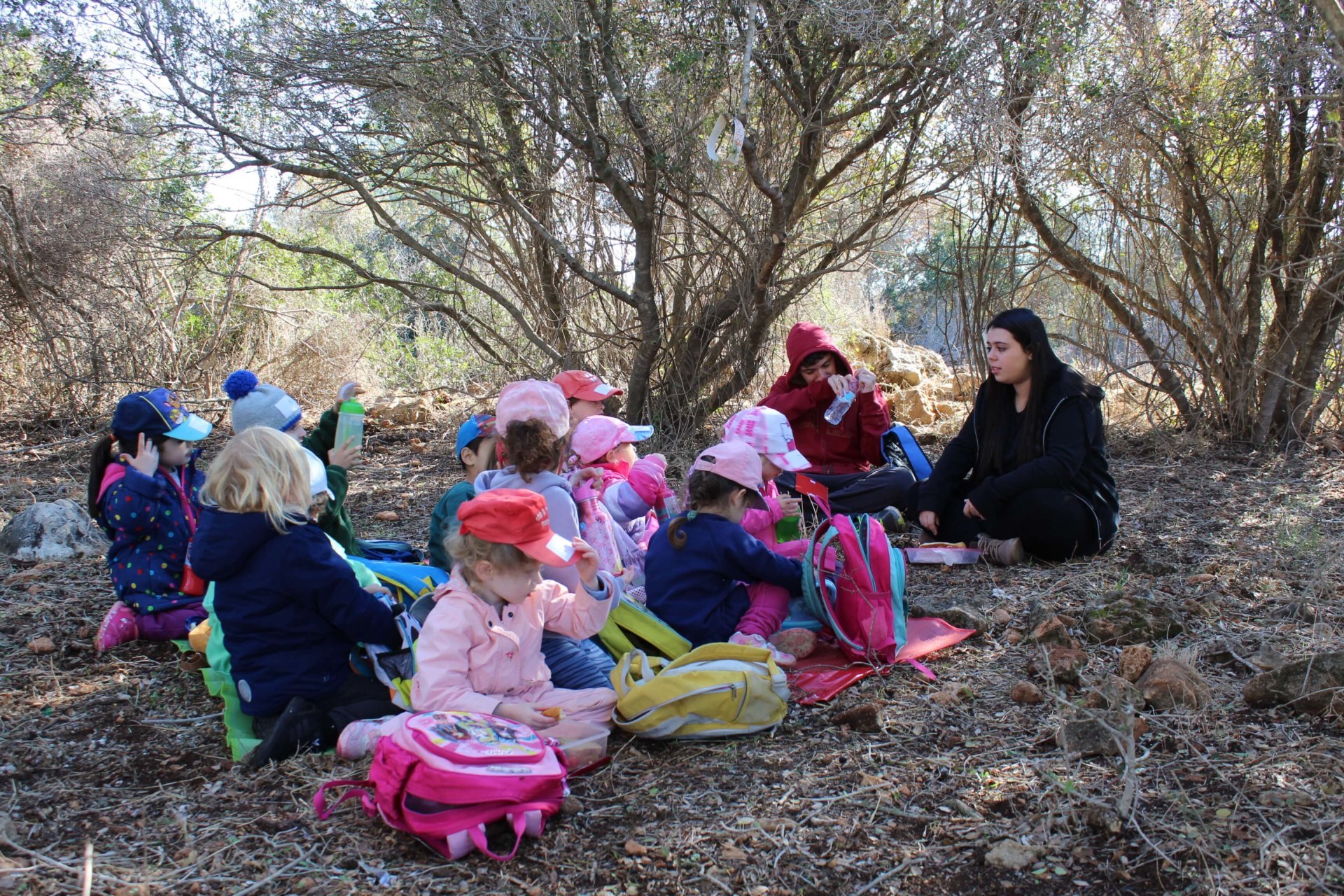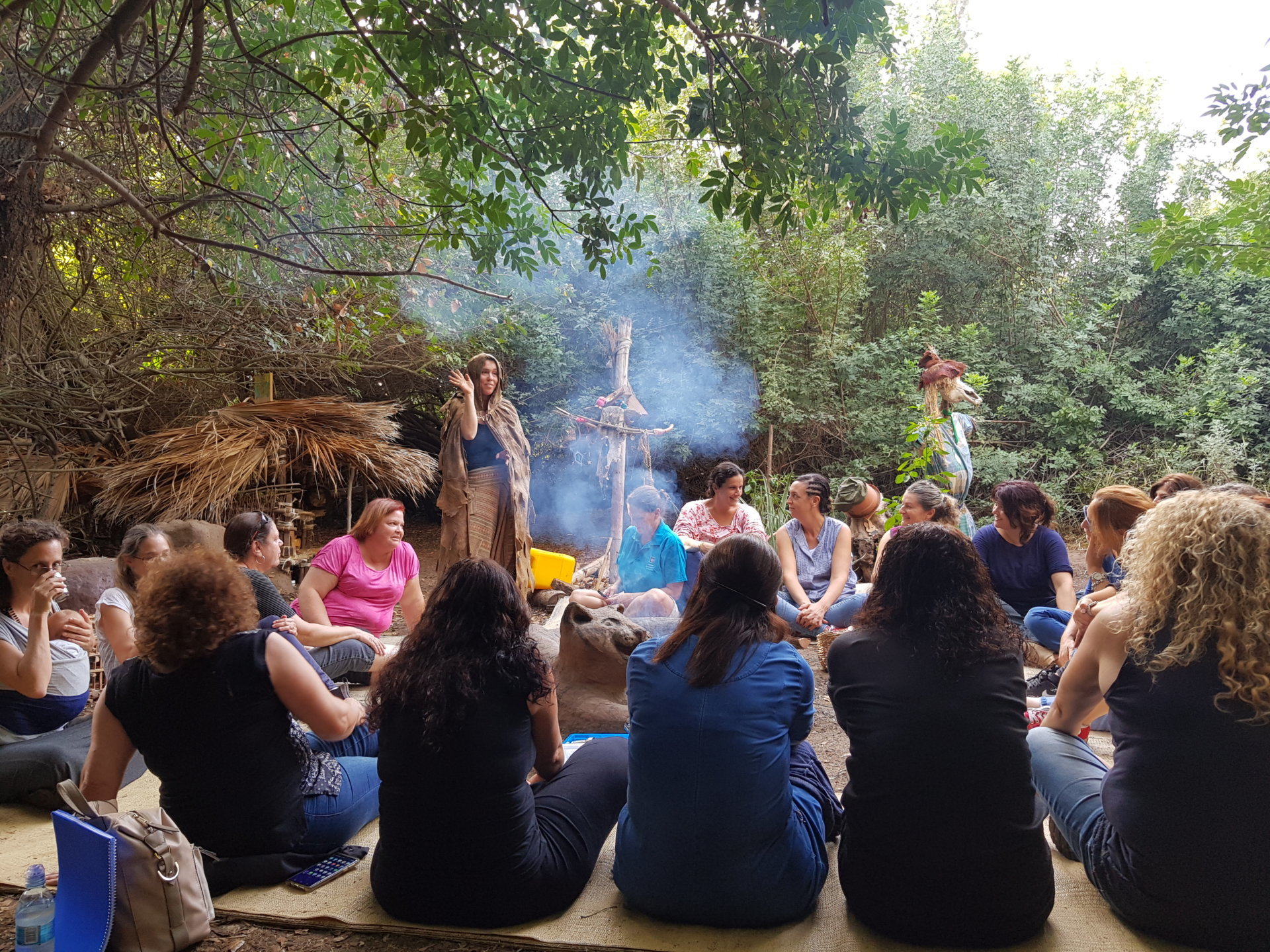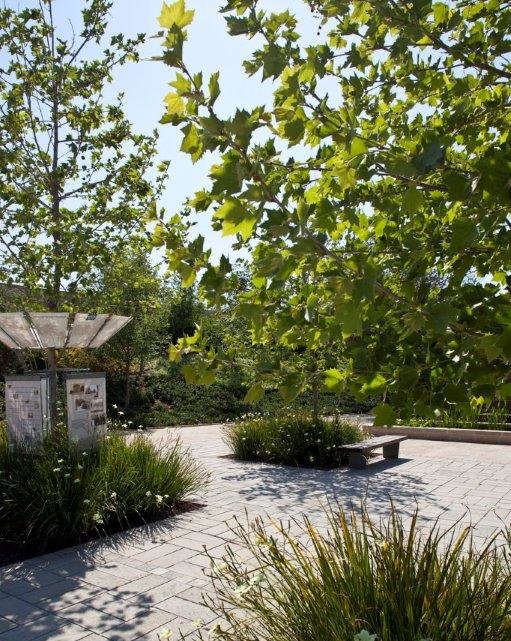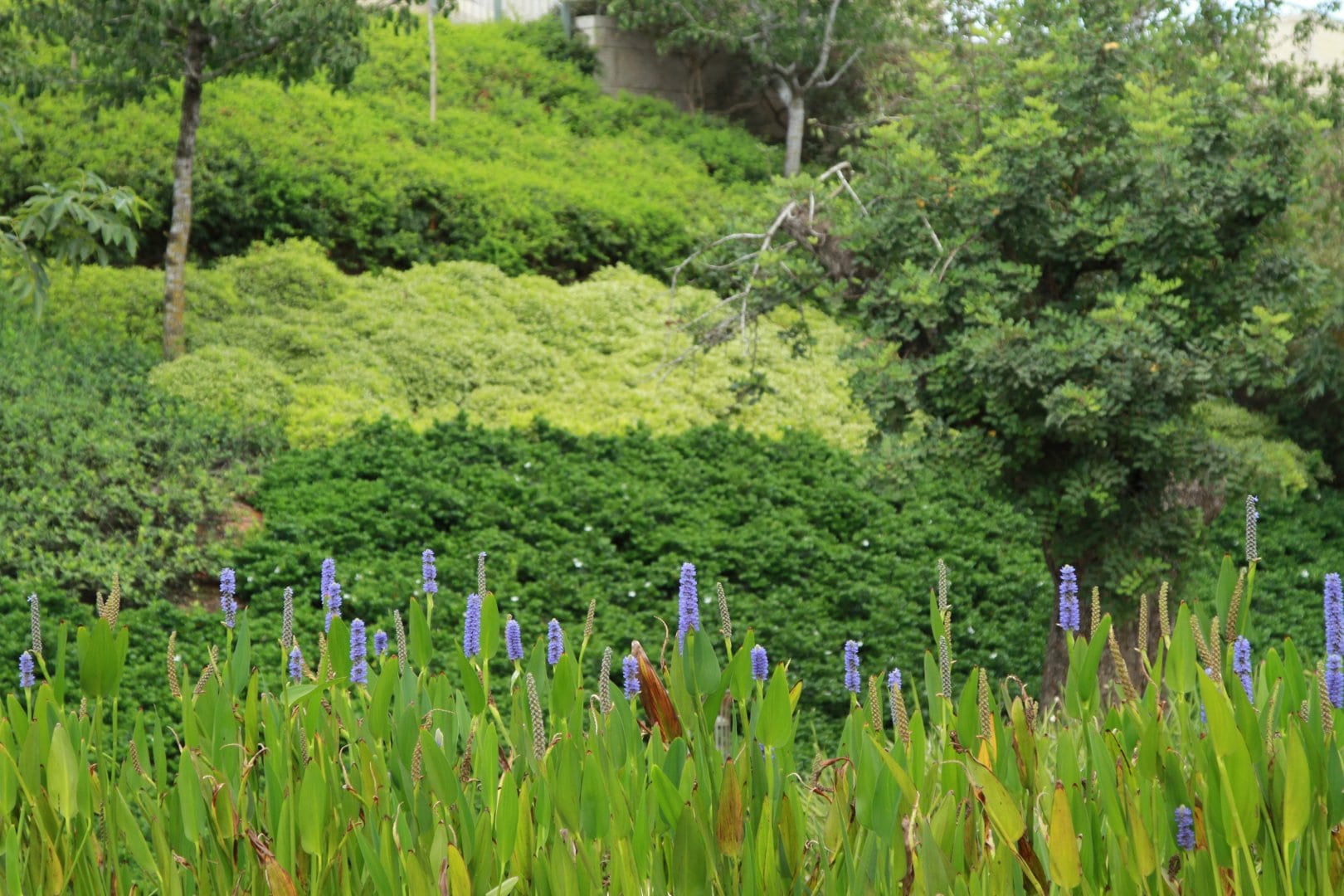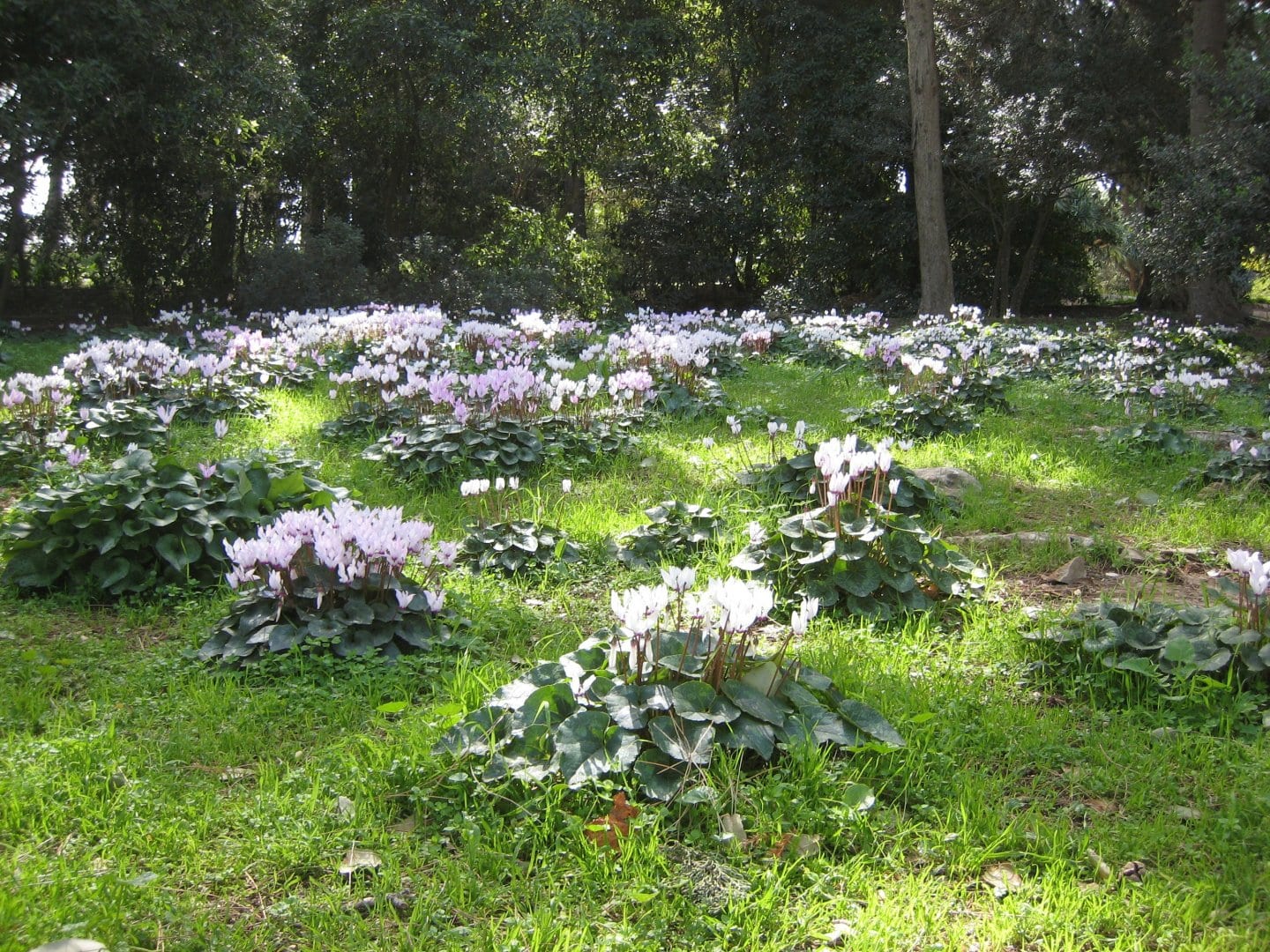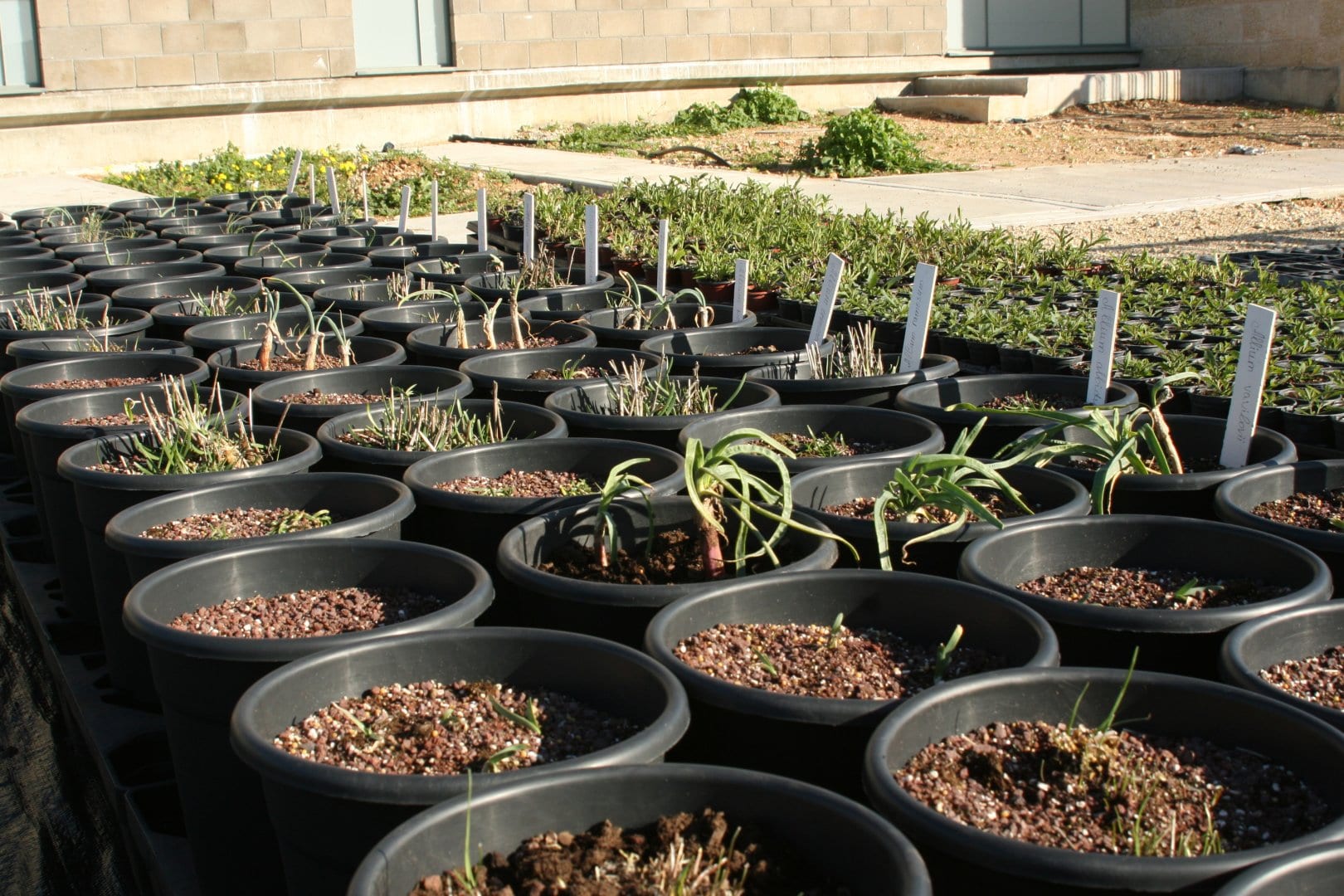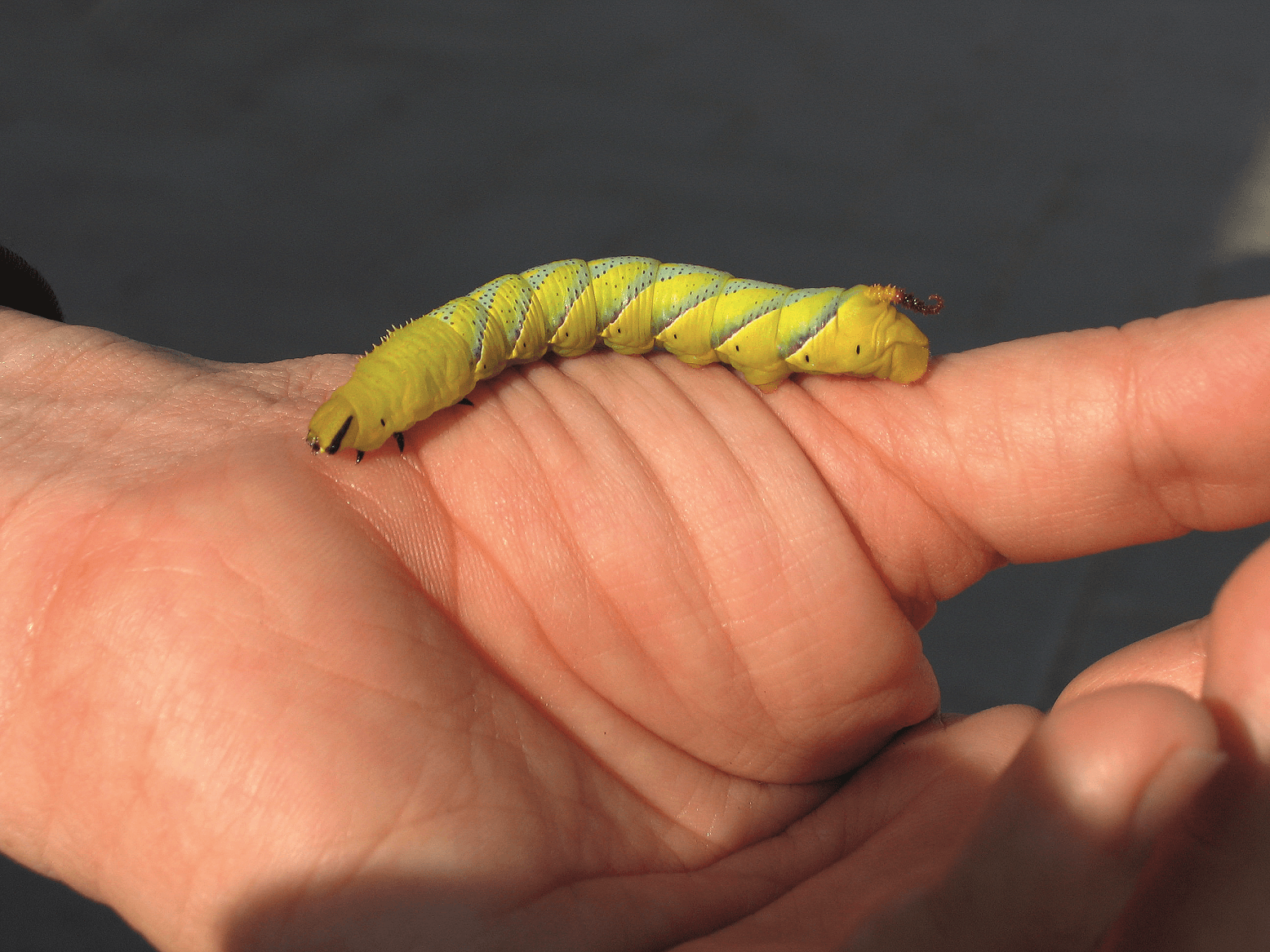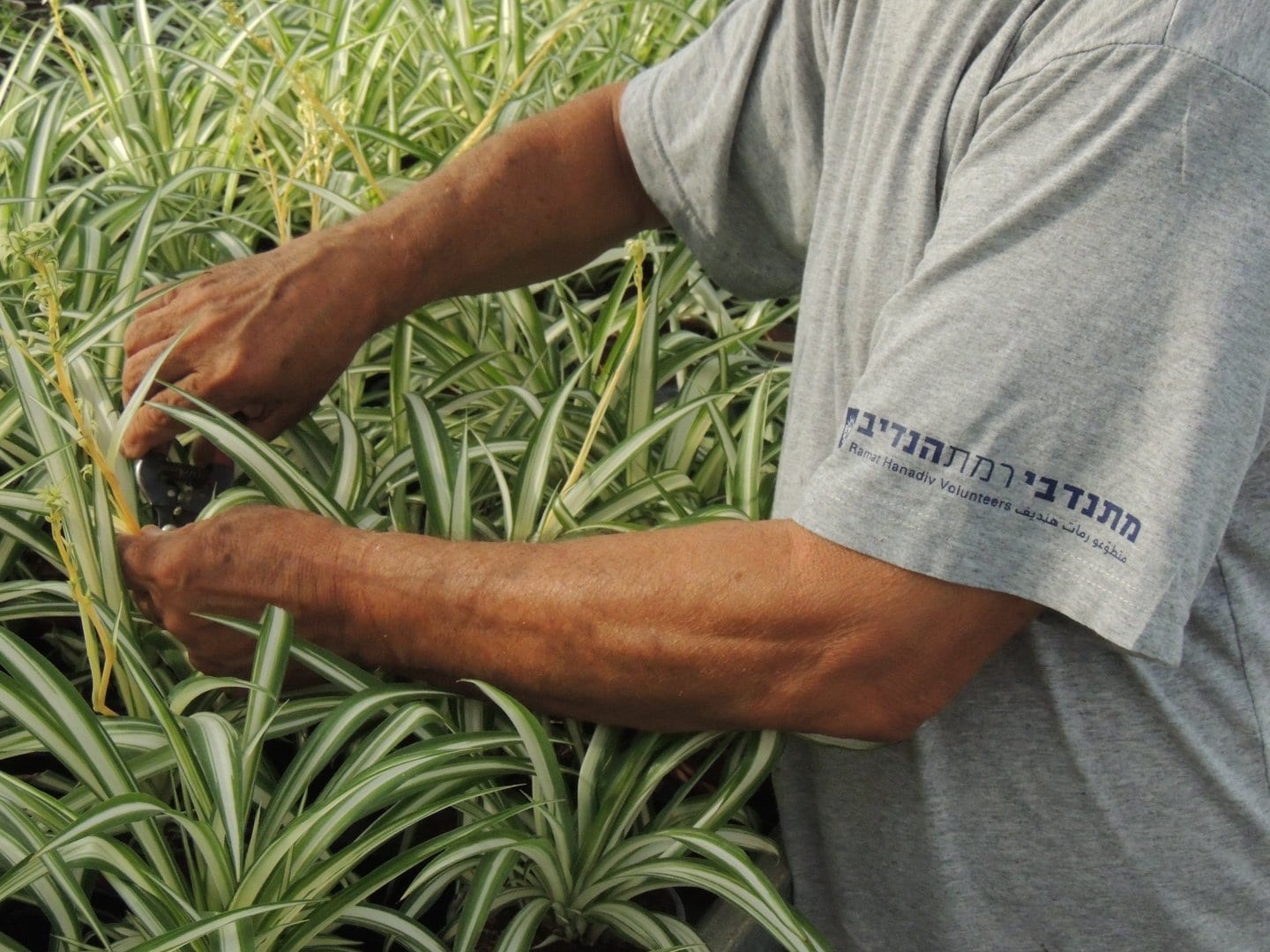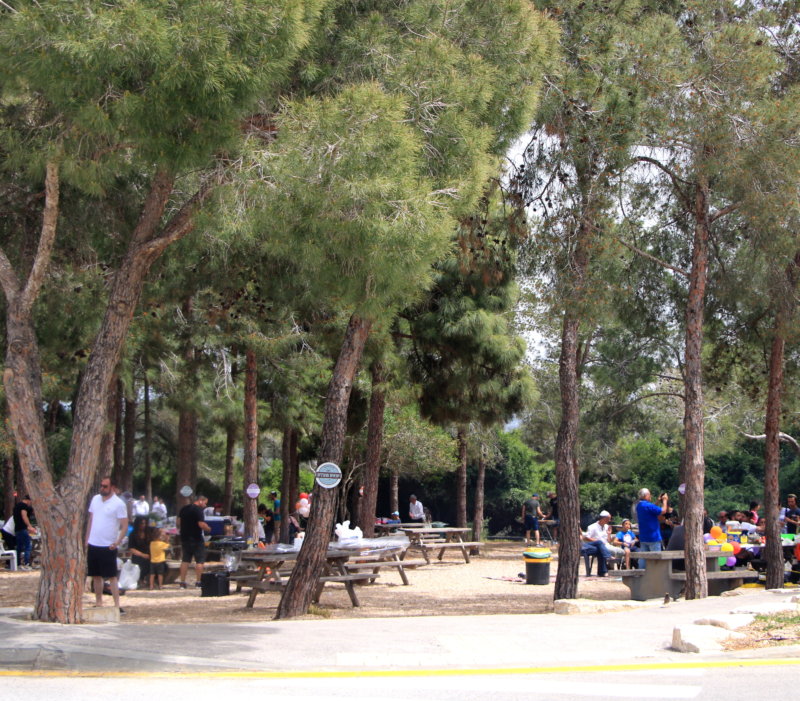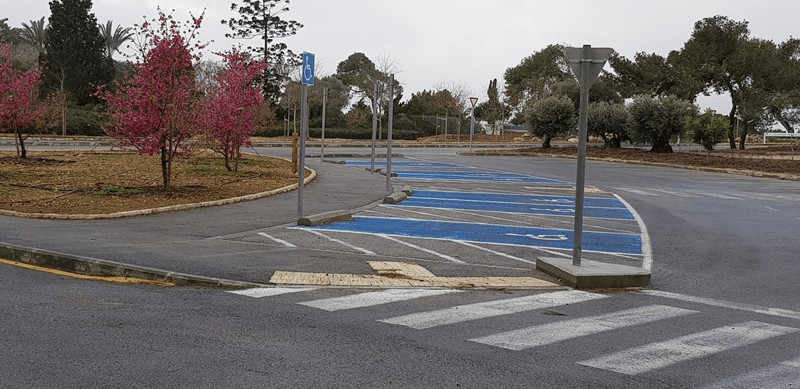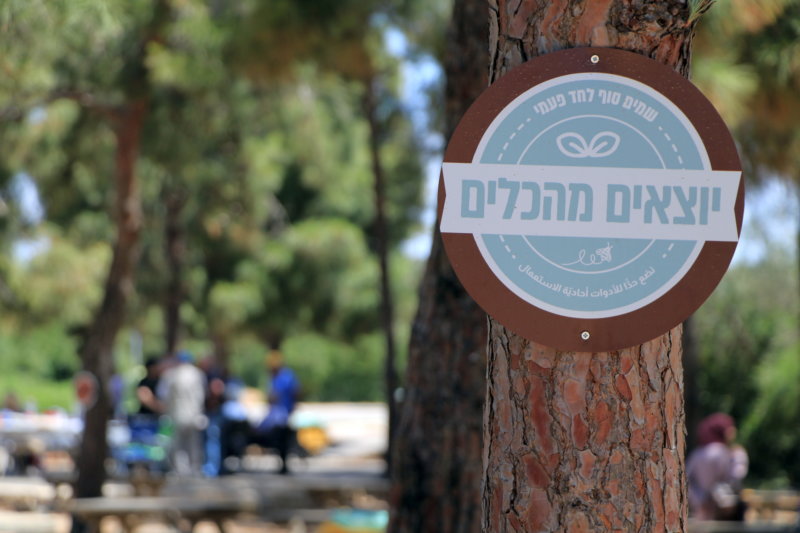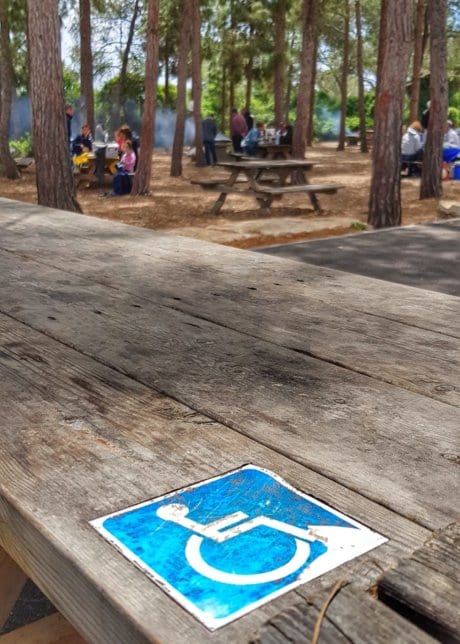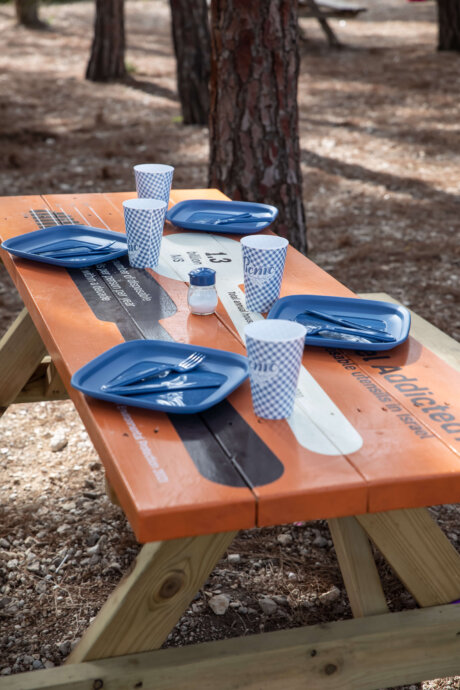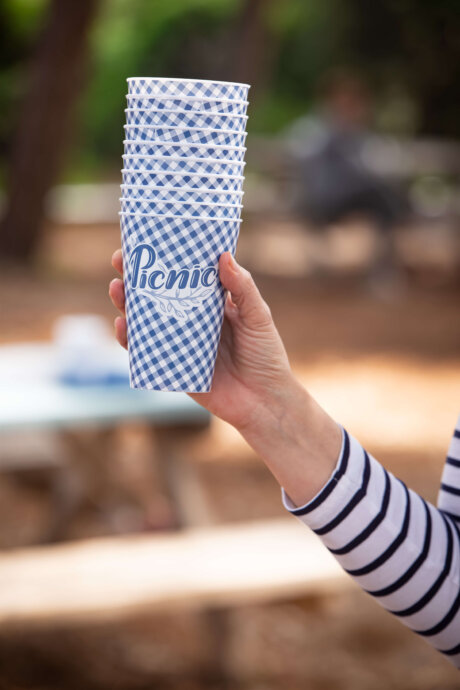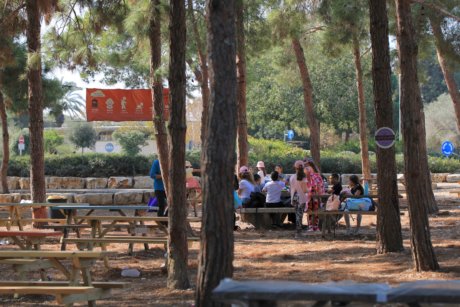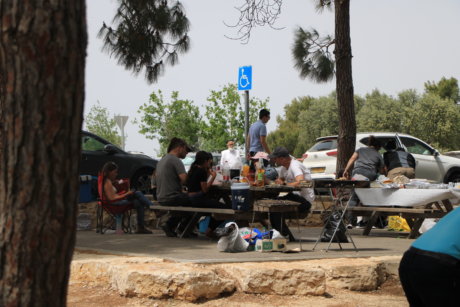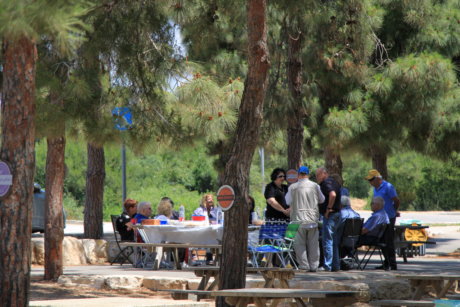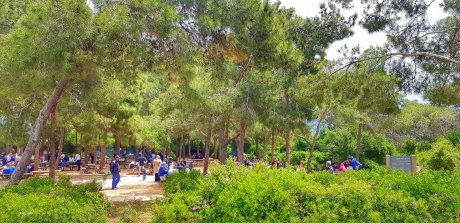References for further reading:
Bailie Ensel, P. (2014). Forest School in Public School: Is It Possible?
Carruthers, R., & Hoed, D. (editors). (2014). Forest and Nature School in Canada Guide.
Lindemann-Matthies, P., & Knecht, S. (2011). Swiss elementary school teachers’ attitudes
toward forest education. The journal of environmental education, 42(3), 152-167.
Maynard, T. (2007). Forest Schools in Great Britain: an initial exploration. Contemporary
issues in early childhood, 8(4), 320-331.
O’Brien, L. (2009). Learning outdoors: The Forest School approach. Education 3–13, 37(1),
45-60.
O’Brien, L., & Murray, R. (2006). A marvelous opportunity for children to learn. A
participatory evaluation of Forest School in England and Wales.
Sobel, D. (2015). Nature Preschools and Forest Kindergartens: The Handbook for Outdoor
Learning. Redleaf Press.
Stasiuk, P. Early Nature Lessons in Denmark’s Forest Preschools
Waite, S., Bølling, M., & Bentsen, P. (2015). Comparing apples and pears? a conceptual
framework for understanding forms of outdoor learning through comparison of English
Forest Schools and Danish udeskole. Environmental Education Research, 1-25.


